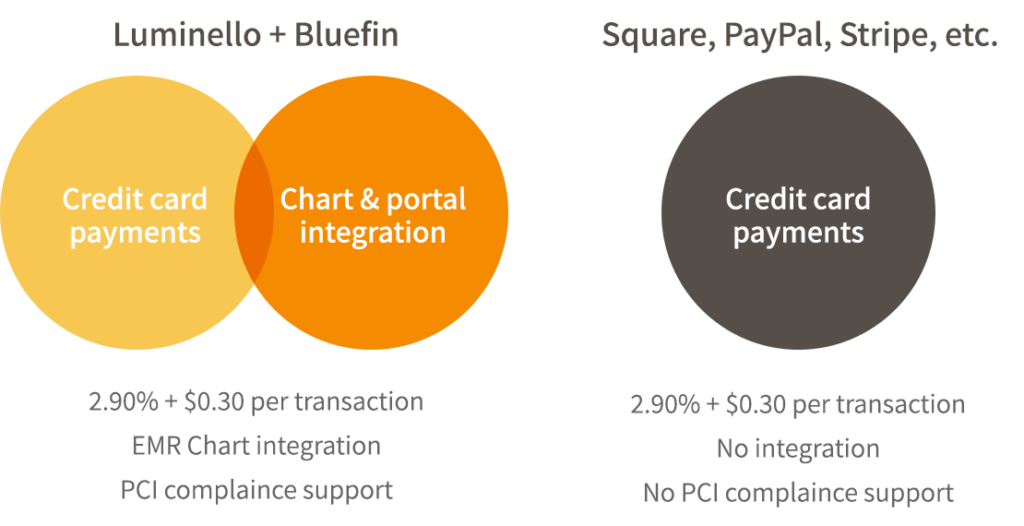Within the last two decades, the importance of mental health has gained significant recognition, highlighting the need for improved access. Research has demonstrated time and time again that one of the biggest limiting factors to mental health care access has been cost. Historically, this barrier to care was exacerbated by discriminatory health insurance policies. This was seen in insurance policies prioritizing benefits for physical illness and limiting benefits for mental health or substance abuse disorders. Prior to 2008, insurance companies could assign high out-of-pocket costs, limit reimbursable treatment options, and seemingly put arbitrary limitations on mental health benefits. This made needed mental health care inaccessible for large swaths of the United States population.
There was an apparent need for parity within the health insurance realm for mental health services. Parity refers to the principle of treating mental health conditions and substance use disorders on an equal footing with medical or surgical procedures regarding insurance coverage, treatment options, and access to care. The Mental Health Parity and Addiction Equity Act of 2008 (MHPAEA) is legislation which hallmarked the creation of equality for behavioral health coverage. This with subsequent legislation has ensured that most insured Americans are entitled to more equitable coverage for mental health care.
Under parity legislation, insurance holders are entitled to the following rights:
- You are entitled to the treatment your physician says is necessary for your mental health or substance use disorder.
- Your health insurance coverage cannot require you to try and fail using less costly treatment options before the prescribed treatment is covered.
- Your copayments or coinsurance charges for mental health/substance abuse should be the same as for physical medical care. *Some exceptions apply
- You should only be charged one copay if you visit a psychiatrist for medication management and for psychotherapy on the same day.
- You should have access to an “in network” mental health provider who is qualified to treat your specific mental health or substance abuse condition.
- You should be able to see your care provider in a reasonable amount of time at a location that is accessible to you.
- You should not need pre-authorization for mental health-related treatment, unless your plan requires pre-authorization for most other medical care.
- The number of outpatient appointments or inpatient stays should not be limited, unless your insurance has limitations that apply to most other medical illnesses under your plan.
- Your health plan should reimburse your treatment even if you don’t complete treatment.
- If a mental health/substance abuse claim is denied, you are entitled to a written explanation of why it was denied. Reason for denial must comply with parity laws.
- You are entitled to appeal any denied claim with your insurance company.
- Parity laws should be applied to out of network coverage. If you have out-of-network benefits with your insurance plan and see a behavioral health provider, your insurance should reimburse you for a portion of the amount you paid for the visit.
While mental health parity laws have made significant strides in giving rights to insurance holders, some challenges continue to exist.
Finding Specialized Care
It is well documented that there is a shortage of behavioral health providers within the United States. There is even a greater shortage of providers who accept insurance. Insurance companies save costs by providing lower reimbursement rates to providers than are typical for out-of-pocket session fees. For this reason, many providers have financial incentives to limit their in-network affiliation through insurance.
Specialized practitioners are at an even higher premium as their services are in high enough demand that insurance paneling to become in-network is not required to have a full practice. Unfortunately, this creates a situation where individuals who require specialized treatment have difficulty finding an in-network provider in a timely manner. While this can be a difficult barrier to overcome, I often give clients the advice to find providers who offer a sliding scale or are willing to do a single case agreement with an insurance company.
Sliding Scale: Finding a treatment provider who is willing to charge less to clients who have financial limitations.
Single Case Agreement: Many insurances will allow for a provider who is not in-network to bill directly to them if the providers can justify the need for their specialized treatment modality.
Advocating for Parity Rights
While federal laws are in place, there continue to be challenges in monitoring insurance agencies’ compliance. As an insurance holder, it is important that you are aware of your rights, so that you are able to take appropriate steps when you believe they are being violated. An advised first step is to file an appeal with the health plan’s clinical or administrative appeals system. When filing an appeal, naming the concern as a parity law compliance issue, the health plan will be required to provide additional disclosure of information, supporting documents, and the plan’s parity compliance review process.
The Kennedy Forum is a non-profit organization set up by Congressman Patrick J. Kennedy in 2013 to assist members in the process of advocating for parity. Their website allows you to gain informational resources, submit complaints, and have additional support in the appeals process.Additionally, if you believe your insurance is taking actions that do not comply with federal parity laws, you can go to the U.S. Department of Health and Human Service’s Mental Health and Substance Use Disorder Insurance help site and report your concern.
References:
- The Mental Health Parity and Addiction Equity Act (MHPAEA) | CMS. (n.d.). https://www.cms.gov/cciio/programs-and-initiatives/other-insurance-protections/mhpaea_factsheet
- Mental Health Parity Toolkit. (n.d.). https://www.healthlawadvocates.org/get-legal-help/resources/document/HLA-MentalHealthParityToolkit_6_pub-3.15.17.pdf (accessed July 9, 2023).
- Filing an appeal based on a parity violation, ParityTrack. (2020). https://www.paritytrack.org/issue-briefs/filing-an-appeal-based-on-a-parity-violation/ (accessed July 9, 2023).
- Appeal Resources and Complaint Registry, Parity Registry. (n.d.). https://www.parityregistry.org/ (accessed July 9, 2023).


